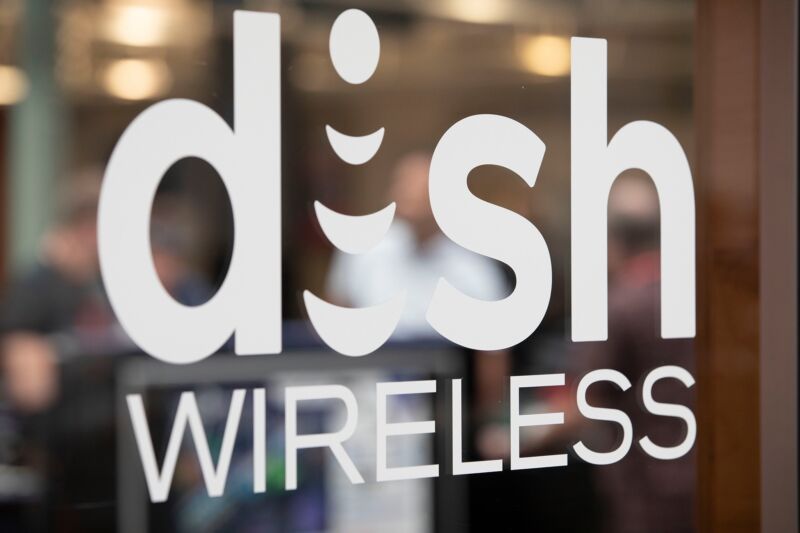Google buys Israeli security startup Siemplify for US$500 million: Report
Alphabet-owned Google said on Tuesday its cloud division had acquired Israeli cybersecurity startup Siemplify, as the US tech giant expands its security offerings amid rising cyber attacks.
Financial details of the deal were not disclosed by the companies, but a source familiar with the matter said Google paid about US$500 million in cash for Siemplify.
The deal came after Google made a pledge to US President Joe Biden last August to invest US$10 billion in cybersecurity over the next five years, amid a significant rise in cyber attacks and data breaches.
Siemplify, led by co-founder and chief executive Amos Stern, provides security orchestration, automation and response solutions. It has raised US$58 million from investors including G20 Ventures and 83North.
With a partnership with Google Cloud, Siemplify attracted the buyer’s interest as it was in the process of raising a new round of private capital, the source added.
Since the pandemic started in 2020, Google’s revenue from the cloud business has nearly doubled to around US$5 billion as companies shifted to working from home. The need to protect and hedge against security threats has shot up in tandem, with big corporates also beefing up on cybersecurity products.
Google said Siemplify’s platform would be integrated into its cloud and serve as the foundation for the capabilities it will invest in.
The buyout, Google’s first Israeli cybersecurity firm deal, will help the tech giant take advantage of the Middle Eastern nation’s deep pool of cybersecurity talent.
Guggenheim Securities advised Siemplify on the transaction.



